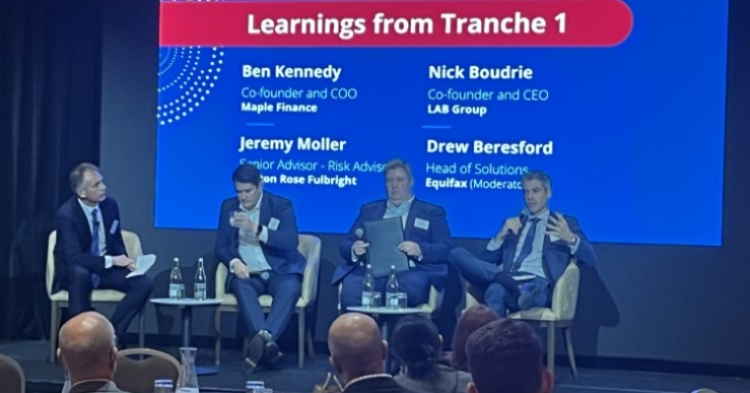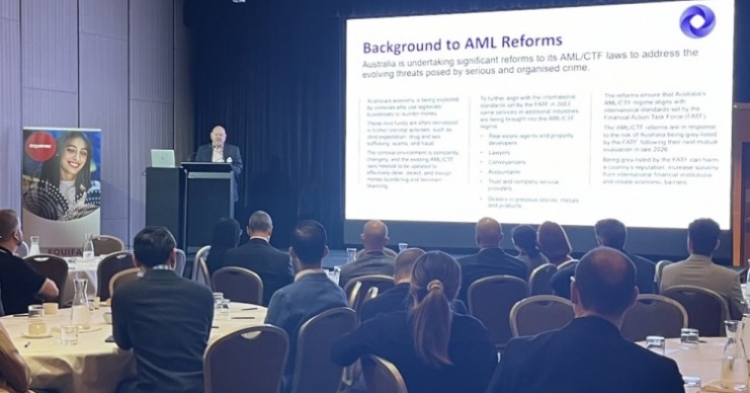News, opinions and discussions to enhance the
way you think about data and analytics.

If you're a real estate professional in Australia, you may be hearing about “Tranche 2" and wondering what it means for your business. Tranche2 refers to major changes to Australia's Anti-Money Laundering and Counter-Terrorism Financing (AML/CTF) regulations that will be applicable to all real estate agencies from July 2026.

If you're an accounting firm in Australia, you may be hearing about “Tranche 2" and wondering what it means for your practice. Tranche2 refers to major changes to Australia's Anti-Money Laundering and Counter-Terrorism Financing (AML/CTF) regulations that will be applicable to all accounting firms from July 2026.

If you're a law firm in Australia, you may be hearing about “Tranche 2" and wondering what it means for your practice. Tranche 2 refers to major changes to Australia's Anti-Money Laundering and Counter-Terrorism Financing (AML/CTF) regulations that will be applicable to all law firms from July 2026.

Developers that obtain an iCIRT rating can more easily meet new regulatory requirements

The 2025 Equifax Auto Forum convened industry leaders to explore the evolving automotive landscape. Discussions provided valuable insights into the profound impact of China's automotive industry, strategies for combating fraud, the transition of the vehicle market, and critical commercial insights.
The central theme emphasised the dynamic shifts within the auto sector, highlighting the need for businesses to adapt to new market forces, technological advancements, and evolving consumer behaviours.
Here's a summary of the key insights and talking points.

At the recent Equifax Frontiers: Championing Digital Trust event, a panel of experts who have navigated the implementation of Anti-Money Laundering and Counter-Terrorism Financing (AML/CTF) reforms, offered insights to businesses preparing for amendments to the current AML/CTF regulations and the expansion to Tranche 2 entities.

Grant Thornton partner and risk consultant, Neil Jeans, explains Australia's Anti-Money Laundering and Counter-Terrorism Financing (AML/CTF) reforms and why they must prompt a complete rethink in how businesses protect themselves against financial crime.


The Equifax Q2 2025 Consumer Credit Report shows that unsecured credit demand is continuing its upward trend, while secured credit demand grew at a more modest pace, driven by a steady 4.9% increase in mortgage applications.

The construction sector’s reputation has rallied over the past 12 months, but consumers report growing concerns that builders will cut corners to reduce costs or deliver homes faster as housing supply targets put pressure on the industry.
